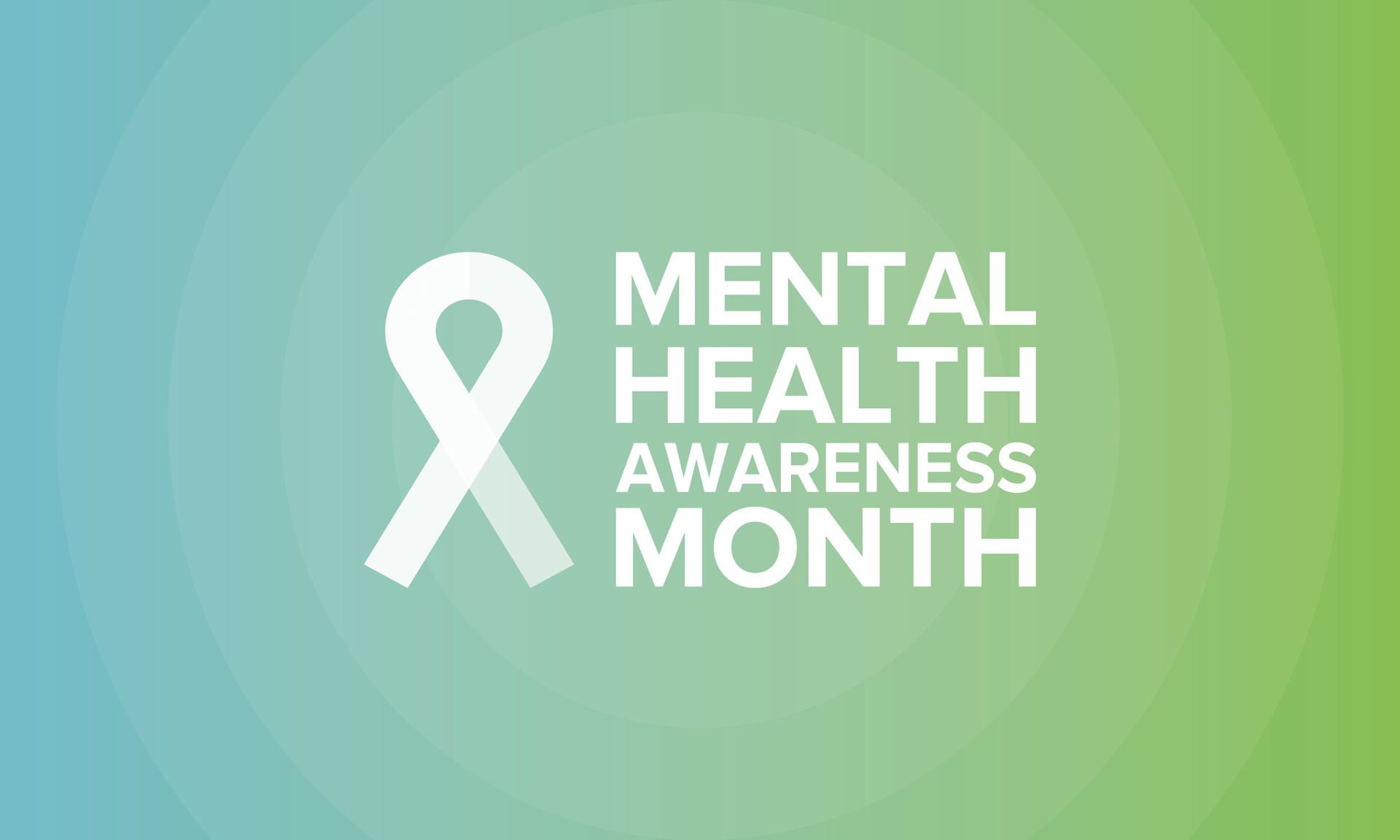PTSD, commonly known as Post-traumatic stress disorder, can arise following combat, natural disasters, assaults, accidents, or other life-threatening experiences. Alongside distressing flashbacks and haunting nightmares, the trauma can also lead to overwhelming anxiety, persistent depression, and a tendency to avoid anything reminiscent of the traumatic event.
PTSD deeply affects mental and emotional well-being, disrupting everyday life, straining relationships, and hindering overall functioning. Those grappling with PTSD may battle intrusive thoughts and memories, heightened alertness, and difficulties in regulating their emotions. Additionally, they may naturally steer clear of triggers associated with their trauma, which can result in feelings of withdrawal and isolation.
Education and awareness play pivotal roles in comprehending PTSD. Equipped with knowledge about its symptoms, we can identify when someone might be struggling and extend the appropriate support. Furthermore, we can advocate for effective treatment options, ensuring that people coping with PTSD receive the care they need to heal and flourish. Granite Mountain Behavioral Healthcare in Prescott Valley, Arizona, believes in the healing of every person suffering from PTSD.
The History of PTSD Awareness Month
In 1980, the term “PTSD” made its debut in the third edition of the Diagnostic and Statistical Manual of Mental Disorders, marking an important milestone. However, even before this, medical publications had already acknowledged and labeled similar conditions using different names such as “soldier’s heart,” “shell shock,” and “war neurosis.”
These terms were used to describe the psychological and emotional toll experienced by those who had faced the traumas of war. As our understanding of trauma and its aftermath grew, the concept of PTSD gained wider recognition. This led to the establishment of PTSD Awareness Month, an important occasion to shed light on the prevalence and impact of this condition on people and communities.
Since its inception, PTSD Awareness Month has played a vital role in nurturing empathy, raising public awareness, and breaking down the stigma associated with PTSD. By exploring the historical context and evolution of PTSD terminology, we can better appreciate the progress made in recognizing and supporting those affected by this condition. Through educational initiatives, community outreach, and collaborative efforts, PTSD Awareness Month continues to provide a warm and inviting platform for sharing knowledge, fostering understanding, and advocating for improved resources and treatment options.
Prevalence of PTSD
PTSD is a common mental health condition that affects many people globally. Around 8% of the population will experience PTSD in their lifetime, with even higher rates among military veterans, where approximately 20% develop PTSD after serving in combat.
PTSD affects about 12 million American adults at some point in their lives, 6 out of 100 adults will have PTSD during their lifetime. While veterans are the population affected most by PTSD, they’re not the only group affected. PTSD can affect anyone, especially if there is a family history of PTSD or mental illness. regardless of age, gender, or economic background. Women are more likely to experience PTSD, with estimates suggesting that around 10% of women in the U.S. will be affected. Among veterans, the prevalence of PTSD can be even higher, with reports indicating that 11-20% of veterans from the Iraq and Afghanistan wars have been diagnosed.
The trauma system in Arizona encounters distinctive difficulties at present, which arise from factors such as rapid population growth, diverse geography, limited resources, and the emergence of threats linked to rising community violence. Comparing the 2021 ASTR data to previous years, it indicates an ongoing increase in population mobility, violence in the community, and severity of injuries. As a result of the substantial increase in trauma mortality rates between 2010 and 2021, 26,588 trauma cases were reported in 2010 and 65,396 trauma cases were reported in 2021, an increase of 19% compared to 2010.
Trauma vs. PTSD

Experiencing trauma doesn’t automatically mean developing PTSD, but people with PTSD have indeed gone through traumatic events. Trauma is an emotional response to a negative event, while PTSD is a mental health disorder that can arise from trauma. Trauma encompasses various distressing experiences, while PTSD is a specific psychological disorder that can develop in some people following trauma. Those with PTSD may face ongoing challenges in their lives due to the impact of the disorder. Understanding this distinction helps us offer support, empathy, and appropriate interventions to those dealing with PTSD after experiencing trauma.
Key Things to Know During PTSD Awareness Month
- Prevalence: PTSD is a significant mental health concern, affecting people worldwide. It can occur in people of all ages, genders, and backgrounds. Understanding the widespread impact of PTSD emphasizes the need for awareness and support.
- Impact of Trauma: Trauma is the underlying cause of PTSD. It can result from various events, such as physical or sexual assault, accidents, combat, or natural disasters. Recognizing the lasting effects of trauma helps us empathize with those living with PTSD.
- Signs and Effects: PTSD can have a profound impact on a person’s mental, emotional, and physical well-being. Symptoms may include flashbacks, nightmares, anxiety, depression, emotional numbness, difficulty sleeping, and difficulties in relationships. Acknowledging these signs and symptoms can help identify those who may require support.
- Importance of Support: Providing support and understanding to people with PTSD is crucial. Empathy, patience, and active listening can make a significant difference in their healing journey. Encouraging open conversations and creating safe spaces help reduce stigma and promote a supportive environment.
- Seeking Treatment: Effective treatments are available for PTSD, and early intervention is essential. Encouraging people to seek professional help, such as therapy or counseling, can support their recovery. It is vital to promote the message that seeking help is a sign of strength and resilience.
- Self-Care and Coping Strategies: People with PTSD can benefit from self-care practices and coping strategies. Encouraging healthy lifestyle choices, relaxation techniques, creative outlets, and engaging in activities that bring joy can contribute to their overall well-being.
- Community Support: Community involvement plays a significant role in supporting people with PTSD. Promoting events, initiatives, and resources during PTSD Awareness Month helps raise awareness, foster understanding, and create a network of support.
Get Help for PTSD at Granite Mountain BHC
Discover the compassionate support and guidance available at Granite Mountain BHC, an organization dedicated to assisting individuals affected by trauma and PTSD. With a variety of treatment options tailored to individual needs, including counseling services, evidence-based therapies, and peer support, we provide a path toward healing and renewed well-being.
Don’t face trauma or PTSD alone—reach out to us today to explore the available treatment options and take the first step towards reclaiming your life. Remember, help is available, and you deserve the support you need to overcome these challenges.
References
https://www.heroesmile.com/5-things-you-need-to-know-for-ptsd-awareness-month/
https://nationaltoday.com/national-ptsd-awareness-month/#:~:text=What%20is%20National%20PTSD%20Awareness,it%20by%20seeking%20better%20treatments.
etreatment.com/how-to-raise-awareness-about-mental-health/



